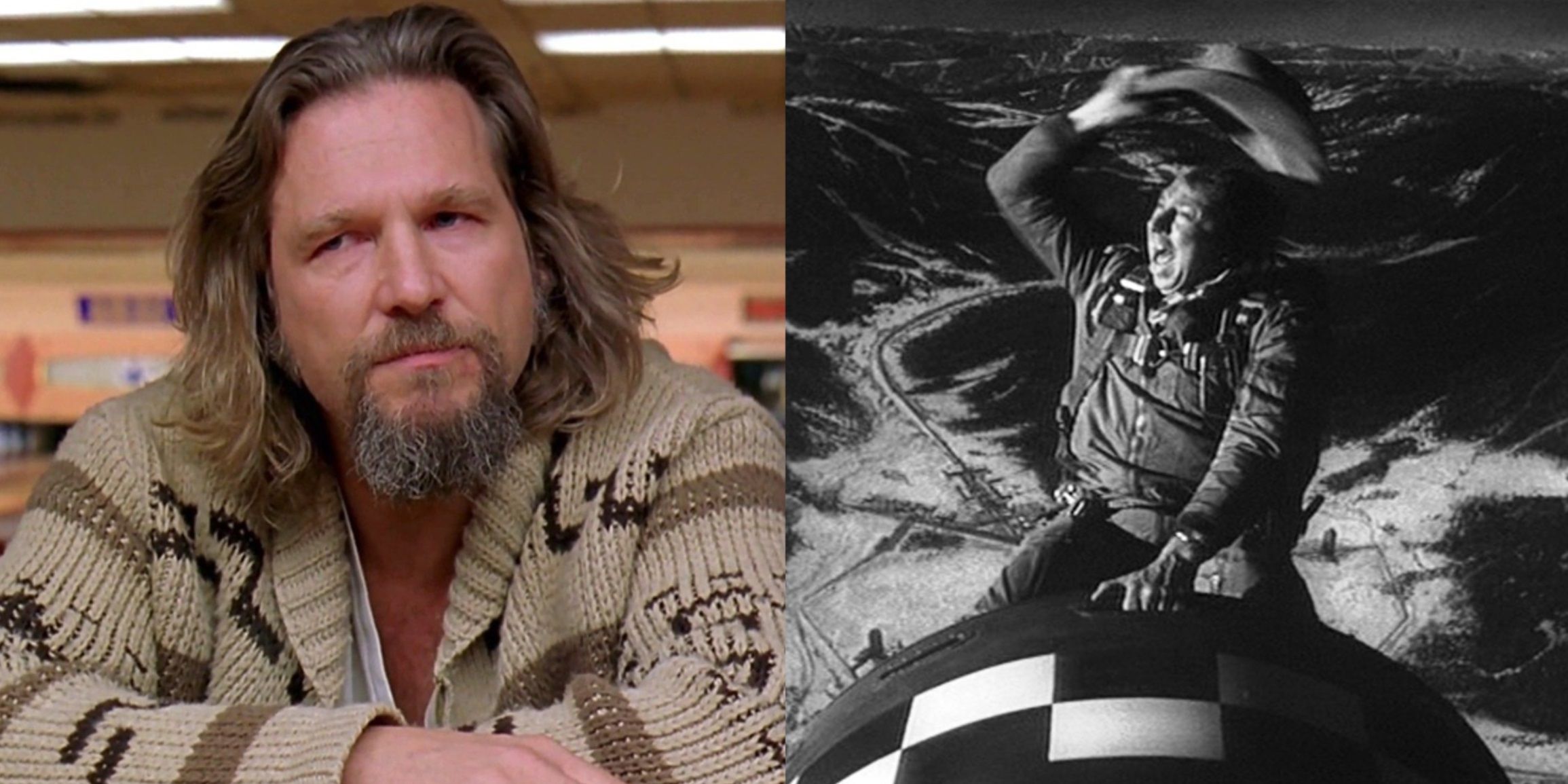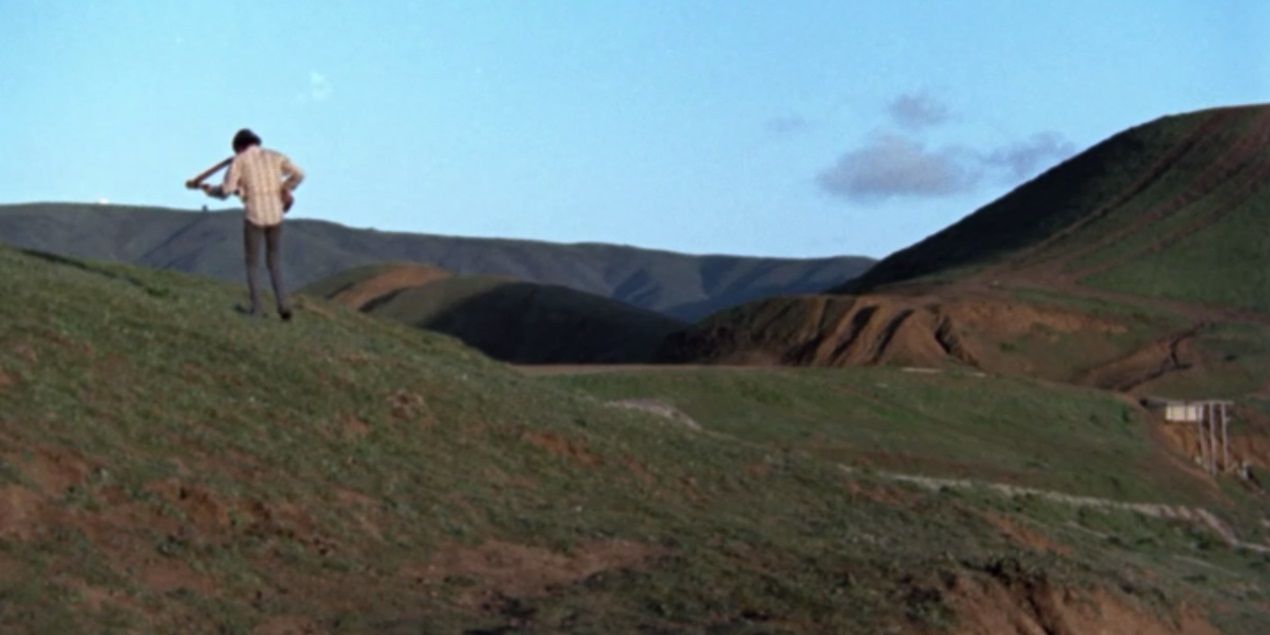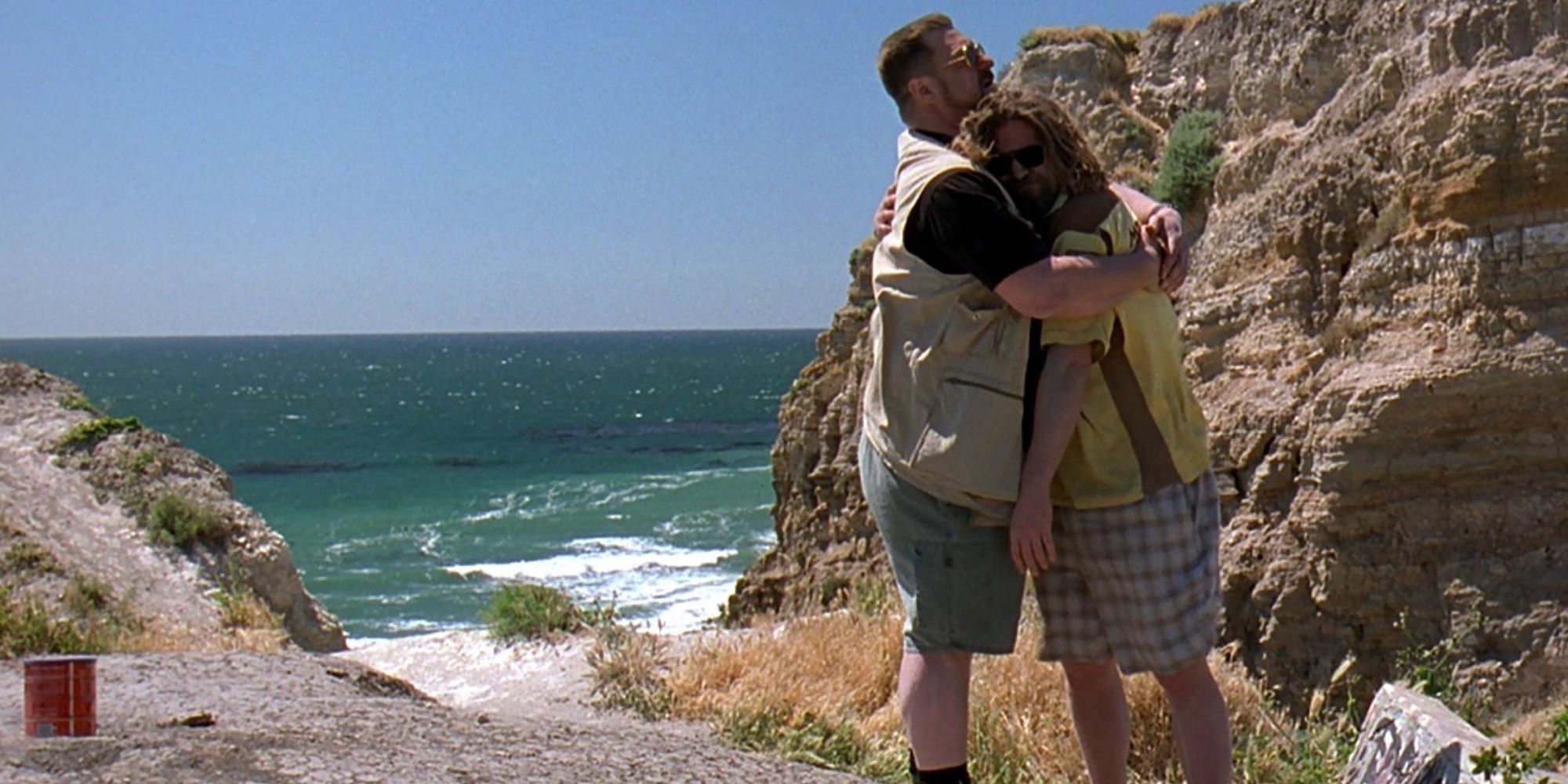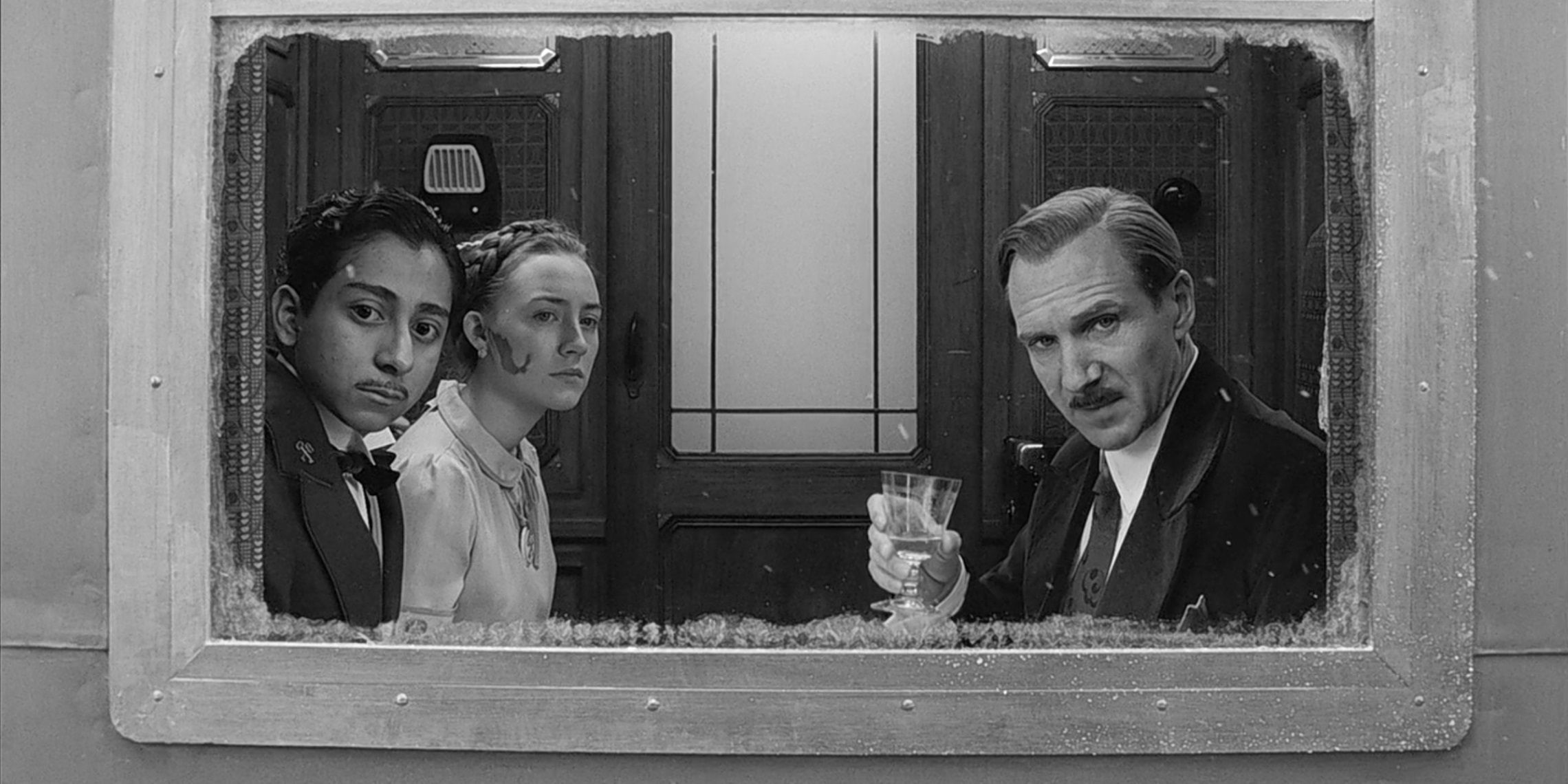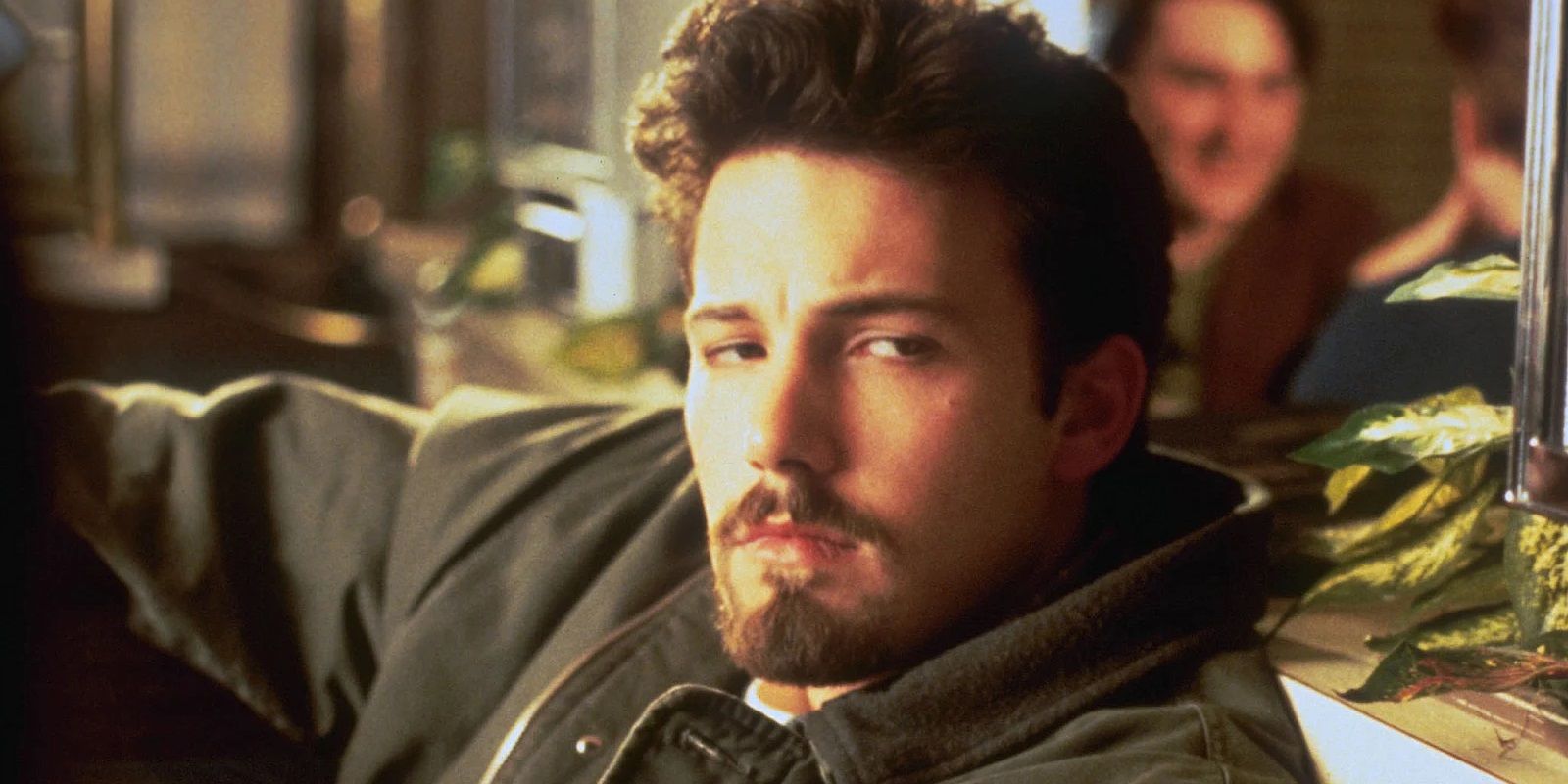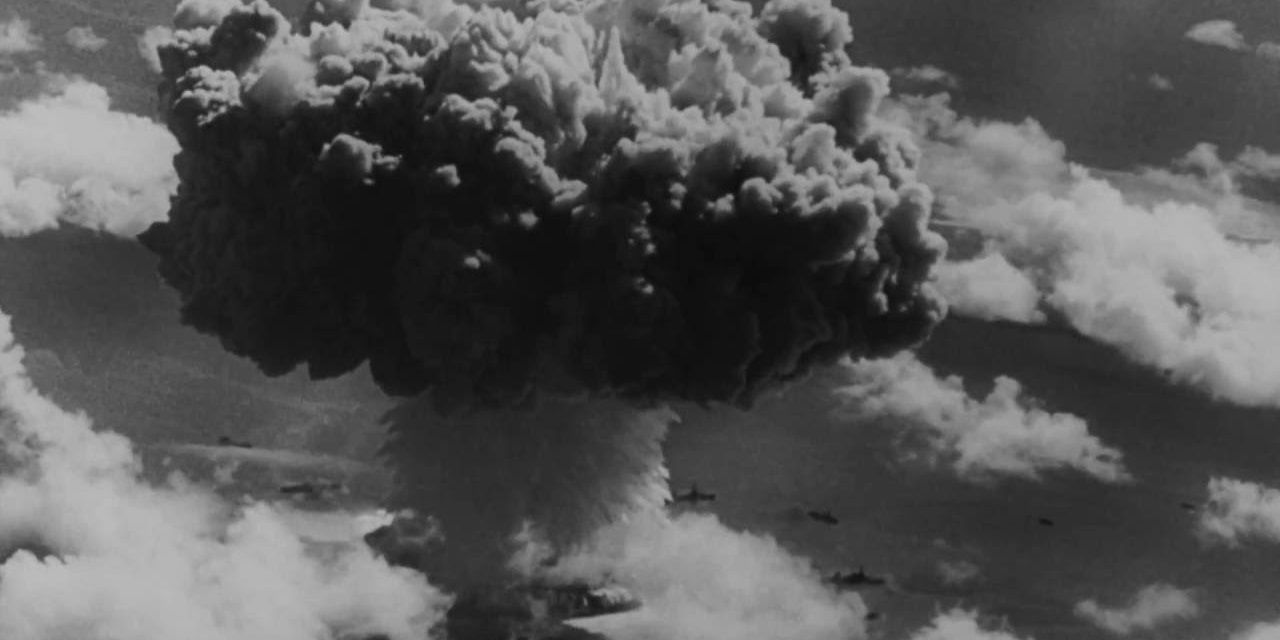The Shakespearean definition of a comedy is simply a play with a happy ending. In ancient theater, comedies weren’t necessarily designed to make the audience laugh; they just resolved with a satisfying conclusion as opposed to tragedies, which had tragic endings. Today, as a genre, the term “comedy” is broadly used to describe any story that incites laughter from the audience.
Over the years, the most subversive comedic filmmakers have toyed around with the audience’s expectation of a happy ending. The Big Lebowski is a goofy stoner comedy about White Russians and bowling, but it culminates in the untimely passing of the sweetest, most unsuspecting character in the cast. The Grand Budapest Hotel is a visually stunning farce about a foul-mouthed concierge who’s framed for the murder of an older lover, but it ends with the concierge himself being murdered by a fascist death squad. Some of the funniest comedies ever made have ended in tragedy.
Harold And Maude Ends With Maude’s Death
Hal Ashby’s Harold and Maude is one of the most morbid comedies ever made. Suicidal fantasies are played for dark laughs as a young boy and an elderly lady bond over their shared obsession with death. When these two end up falling in love, one of the darkest comedies morphs into one of the sweetest romances. Toward the end of the movie, as Maude celebrates her 80th birthday with Harold, she takes her own life.
Harold rushes Maude to hospital and desperately tries to save her, but it’s too late. This heartbreaking turn leads to a somewhat hopeful ending, because Maude’s death inspires Harold to finally appreciate life. He drives his car out into the countryside and seemingly drives it off a cliff – but he wasn’t actually in the car. He dances away as Cat Stevens plays the movie out.
The Big Lebowski Ends With Donny’s Death
Although it wasn’t appreciated in its time, the Coen brothers’ The Big Lebowski has since been reappraised as a cult comedy classic. It’s a Chandleresque mystery story full of twists, turns, and red herrings, but instead of a high-strung private eye, the hero is a laidback slacker. The Dude doesn’t chain-smoke cigarettes and drink whiskey; he chain-smokes joints and drinks White Russians. Like many Raymond Chandler stories, The Big Lebowski sets up a complicated plot that’s ultimately meaningless.
For the most part, the tone of The Big Lebowski is unabashedly silly. A nihilist pees on the Dude’s rug and later tosses a marmot into his bathtub. Walter uses a crowbar to smash up a sports car that he believes belongs to a teenager who stole his money. But the movie ends in tragedy. When the Dude and his friends are confronted by the nihilists in the bowling alley parking lot, the sweetest, kindest character in the movie – the cartoonishly innocuous Donny Kerabatsos – dies of a heart attack.
The Grand Budapest Hotel Ends With M. Gustave’s Death
Wes Anderson is renowned for helming fun yet melancholic tragicomedies that strike a tricky tonal balance. Just like life, some parts of Anderson’s movies are laugh-out-loud funny and other parts are harrowing and heartbreaking. The Royal Tenenbaums ends at Royal’s funeral. The Life Aquatic ends with the second casualty of Steve Zissou’s documentary filmmaking.
And The Grand Budapest Hotel, arguably Anderson’s magnum opus, ends with Ralph Fiennes’ hypercamp concierge M. Gustave being killed by a fascist death squad while trying to protect his trusty lobby boy Zero from unlawful charges. Zero’s voiceover narration repeats one of M. Gustave’s most endearing quotes: “There are still faint glimmers of civilization left in this barbaric slaughterhouse that was once known as humanity. He was one of them.”
Chasing Amy Ends With A Breakup
After Kevin Smith burst onto the scene as a fresh filmmaking voice with his indie debut feature Clerks, his sophomore feature Mallrats was met with mixed reviews and disappointing box office returns. Smith managed to save his career with his third movie, Chasing Amy, one of his most mature and emotionally engaging works. Chasing Amy tackles a complex and universally relatable emotion: the feelings of jealousy, insecurity, and inadequacy that arise while dating somebody with much more sexual experience.
Holden wants to be okay with Alyssa’s past and just enjoy the love she has for him, but he ends up – in the wise words of Silent Bob – “chasing Amy.” He can’t let it go, so she eventually leaves him. Holden turns the whole ordeal into his next comic book, aptly titled Chasing Amy, and gives Alyssa a copy. As revealed by the most heartwarming scene in Jay and Silent Bob Reboot, Holden eventually had a happy ending, co-parenting a daughter with Alyssa and her wife.
Dr. Strangelove Ends With The Nuclear Annihilation Of All Life On Earth
Stanley Kubrick’s Dr. Strangelove is widely regarded to be one of the greatest political satire movies ever made. The 1964 masterpiece lampooned the then-ongoing Cold War, but like fellow timeless classics Duck Soup and The Great Dictator, the larger messages and ideologies of its contemporary satire are still just as relevant today. The film ends on a decidedly dark note, with the nuclear annihilation of all life on Earth.
The use of Vera Lynn’s “We’ll Meet Again” adds a bittersweet irony to the movie’s perfect visual punchline. Juxtaposing “We’ll Meet Again” with images of nuclear warfare pointed out the redundancy of World War II-era optimism in the age of nuclear weapons and mutually assured destruction.

